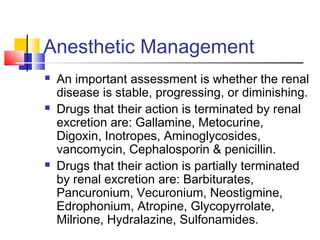Empowering Minds: Effective Mental Health Counseling

Empowering Minds: Effective Mental Health Counseling
Navigating the complexities of mental health can be challenging, and seeking the assistance of a mental health counselor can be a transformative step towards emotional well-being. Mental health counseling provides a supportive and professional space for individuals to explore their thoughts and feelings, fostering personal growth and resilience.
The Role of Mental Health Counseling
Mental health counseling is a collaborative process between a trained counselor and an individual seeking support. The primary objective is to address emotional, psychological, and interpersonal issues that may be affecting the individual’s well-being. This therapeutic relationship creates a safe environment for open communication and self-reflection.
Breaking the Stigma Surrounding Mental Health
One of the significant barriers to seeking mental health support is the lingering stigma associated with mental health issues. Mental health counseling plays a vital role in breaking down these barriers by normalizing conversations around mental health. It encourages individuals to prioritize their mental well-being without fear of judgment.
Tailored Approaches to Individual Needs
Effective mental health counseling recognizes the uniqueness of each individual. Counselors employ diverse therapeutic approaches, such as cognitive-behavioral therapy (CBT), psychoanalysis, or mindfulness-based interventions, tailoring their methods to meet the specific needs and preferences of the client.
Building Coping Strategies and Resilience
A key focus of mental health counseling is equipping individuals with coping strategies to manage life’s challenges. Counselors work collaboratively with clients to identify and develop effective coping mechanisms, fostering resilience in the face of adversity.
Providing a Safe Space for Self-Exploration
The counseling environment serves as a confidential and non-judgmental space for individuals to explore their thoughts and emotions. This safe space allows clients to delve into their experiences, gain insights into their behavior patterns, and work towards positive changes.
Addressing a Range of Mental Health Concerns
Mental health counseling is versatile and addresses a broad spectrum of concerns, including anxiety, depression, grief, trauma, and relationship issues. Counselors are trained to navigate these various challenges, offering support and guidance throughout the therapeutic process.
Collaborative Decision-Making in Treatment
The counseling process involves collaborative decision-making between the counselor and the client. Together, they set goals, discuss treatment strategies, and monitor progress. This collaborative approach empowers individuals to actively participate in their mental health journey.
Holistic Well-Being: Mind and Body Connection
Mental health counseling recognizes the interconnectedness of mental and physical well-being. Counselors often integrate holistic approaches, emphasizing the importance of a healthy lifestyle, mindfulness, and self-care practices in promoting overall well-being.
Taking the First Step towards Healing
If you are considering mental health counseling, take the first step towards healing by exploring the resources available at Mental Health Counseling. Seeking support is a courageous decision that can lead to enhanced self-awareness, improved coping skills, and a more fulfilling life. Remember, you don’t have to face life’s challenges alone, and mental health counseling is a valuable resource on your journey towards empowerment and well-being.







